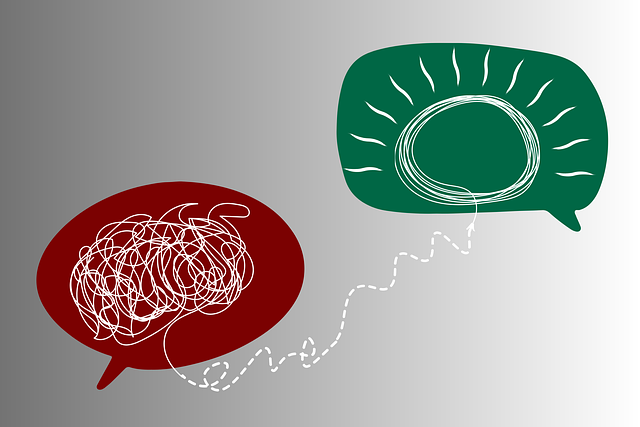Therapists-Clinicians play a pivotal role in trauma care, creating safe environments and employing evidence-based practices like Centennial Therapy to help clients process traumatic experiences. This holistic approach combines ancient wisdom with modern psychological techniques, fostering resilience, addressing relationship patterns, and reducing mental illness stigma. By recognizing signs of trauma, implementing active listening, stress reduction, and tailored conflict resolution strategies, therapists enable clients to build coping mechanisms and navigate life's challenges more easily, ultimately promoting overall mental well-being.
“Trauma support services are an essential component of modern mental health care, offering crucial assistance to individuals navigating the profound effects of traumatic events. This article delves into the critical role of therapists and clinicians in providing effective trauma care. We explore ‘Centennial Therapy’—a comprehensive approach that emphasizes the healing power of time and adaptive coping strategies. By understanding trauma’s impact, we can implement tailored interventions, fostering resilience and restoration for those who have experienced profound distress.”
- Understanding Trauma and Its Impact: A Foundation for Support Services
- The Role of Therapists-Clinicians in Providing Effective Trauma Care
- Implementing Centennial Therapy Techniques: A Comprehensive Approach to Healing
Understanding Trauma and Its Impact: A Foundation for Support Services

Understanding trauma is paramount when establishing effective support services. Trauma, resulting from deeply distressing or life-threatening events, can have profound and lasting effects on individuals’ mental and physical well-being. It often manifests as anxiety, depression, flashbacks, and difficulty regulating emotions. Recognizing these signs and symptoms is crucial for therapists and clinicians using methods like Centennial Therapy to provide tailored care.
By fostering empathy building strategies and resilience, support services can significantly aid trauma survivors. Centering the individual’s experience, practicing active listening, and employing techniques for stress reduction methods create a safe space for healing. These approaches empower individuals to process their traumas, develop coping mechanisms, and build resilience, ultimately enhancing their ability to navigate life’s challenges with greater ease.
The Role of Therapists-Clinicians in Providing Effective Trauma Care

The role of Therapists-Clinicians is pivotal in providing effective trauma care. These professionals are equipped to offer a safe and supportive environment for individuals who have experienced traumatic events. Through evidence-based practices, such as Centennial Therapy, therapists help clients process and make sense of their experiences, fostering healing and growth. A comprehensive approach includes not just addressing the immediate symptoms but also focusing on long-term recovery and resilience.
Risk assessment is a crucial aspect of their work, especially when dealing with vulnerable populations. Mental Health Professionals are trained to identify potential risks and implement strategies to mitigate them, ensuring both client safety and effective therapy. Community outreach programs play a supporting role by increasing awareness about trauma and available resources, complementing the individual care provided by therapists. This holistic approach aims not only to prevent further trauma but also to promote overall mental well-being, including depression prevention, as part of a comprehensive recovery plan.
Implementing Centennial Therapy Techniques: A Comprehensive Approach to Healing

Implementing Centennial Therapy techniques offers a comprehensive approach to trauma support and healing. This therapeutic framework leverages historical resilience and adaptive strengths to help clients process and overcome past traumatic experiences. By integrating ancient wisdom with modern psychological practices, therapists can facilitate a deeper sense of safety and empowerment.
Centennial Therapy for Therapists-Clinicians encourages the use of conflict resolution techniques tailored to each individual’s unique journey. It recognizes that trauma often perpetuates unhealthy patterns and relationships, so addressing these aspects alongside mental illness stigma reduction efforts is vital. Through this holistic approach, therapists can support clients in cultivating mental wellness, fostering resilience, and achieving lasting personal growth.
Centennial Therapy offers a comprehensive framework for therapists-clinicians to effectively support individuals affected by trauma. By understanding the profound impact of trauma and leveraging evidence-based techniques, such as Centennial Therapy, professionals can foster healing and promote resilience. This integrated approach ensures a tailored and nurturing environment, empowering individuals to navigate their traumatic experiences and achieve long-lasting well-being.











